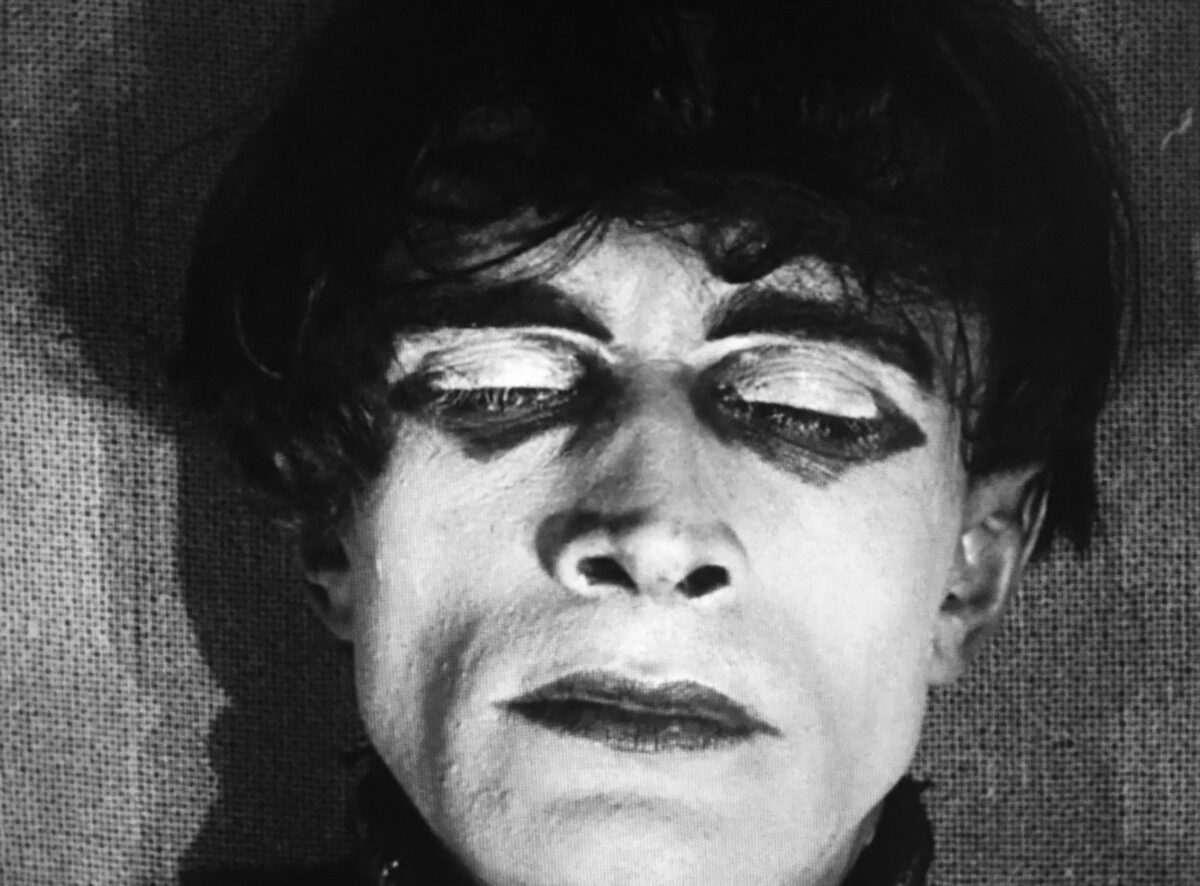The bookends of Conrad Veidt’s distinguished acting career are two memorable films that appeared more than 20 years apart — The Cabinet of Dr. Caligari, a 1920 masterpiece of the silver screen and German Expressionism, and Casablanca, a legendary Hollywood movie released in 1942. Veidt was thus one of the relatively few performers who made the transition from the silent to the talkie era with ease.
Mark Rappaport, an American filmmaker, remembers him fondly in Conrad Veidt: My Life, an absorbing documentary and impressive feat of imagination in which he pretends to be Veidt.
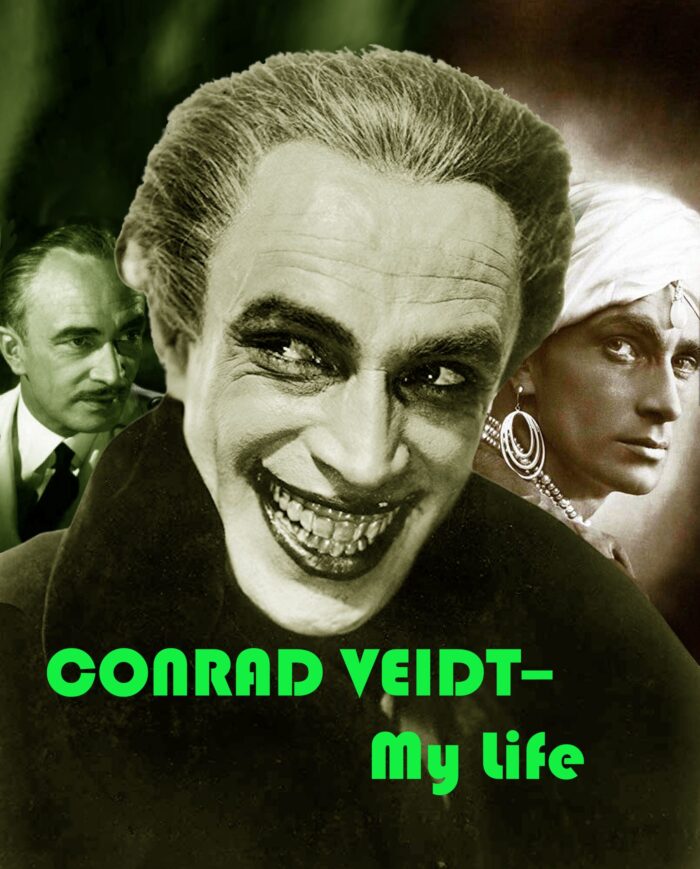
It will be screened online by the Toronto Jewish Film Festival on June 4.
Born in Berlin in 1893, he was a classically trained actor who played exotic villains, monsters and historic characters in almost 100 forgotten German silent movies. He established his reputation by playing the role of an eerie somnambulist in The Cabinet of Dr. Caligari, which had an enormous impact on horror movies and film noir.
In this classic, the camera panned on Veidt in one of the longest, most famous closeups in the history of cinema. As Rappaport observes, Veidt — a master of gestures and expressions — projected an intelligent intensity that would serve him exceedingly well.
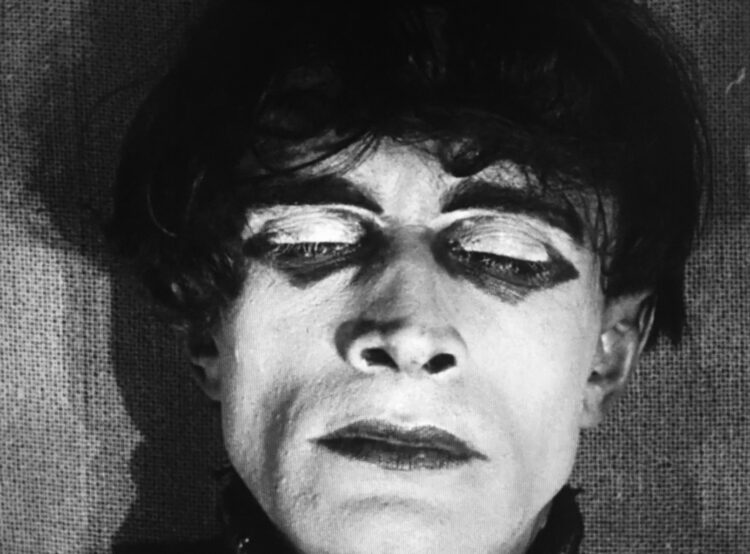
An anti-fascist, he married the Jewish actress Ilona Prager, his third wife, when the Nazis came to power. He could have divorced her and remained in Germany, but instead he signed a Nazi document defiantly listing himself as a Jew. Branded a persona non grata by the Nazi regime, he left Germany for good, like hundreds of German actors, directors, producers and craftsmen.
Having settled in England, he appeared in a succession of movies. In two, The Wandering Jew (1933) and Jew Suss (1934), he impersonated Jewish characters. In 1940, Germany’s minister of propaganda, Joseph Goebbels, ordered an antisemitic remake of Jew Suss, one of the most notorious German films of that period.
Invited to ply his talents in Hollywood, Veidt was cast as a suave and dapper ladies’ man. In one drama, Dark Journey, he appeared opposite the young and vivacious Vivien Leigh, who would go on to stardom as Scarlett O’Hara in Gone with the Wind.
From 1939 onward, in films ranging from The Spy in Black to All Through the Night, he played Nazi spies. “He profited from (World War II),” says Rappaport. “As long as it continued, he could play Nazis.”
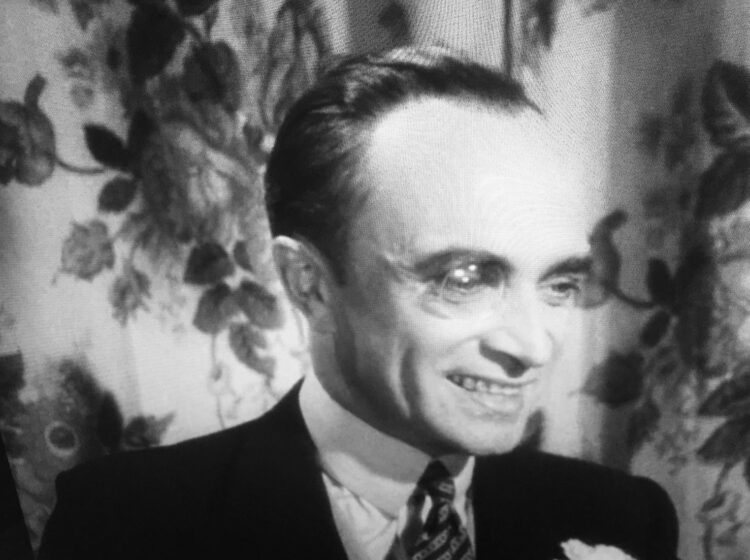
Rappaport contends that the high point of his Hollywood career was his appearance in A Woman’s Face (1940), featuring the then unknown Joan Crawford.
But his crowning achievement was Casablanca, starring Humphrey Bogart and Ingrid Bergman and co-starring Veidt, who portrayed Major Heinrich Strasser, a strutting German army officer. “All they had to do was to pour me into a Nazi uniform and let me speak English in my Nazi-inflected accent,” says Veidt.
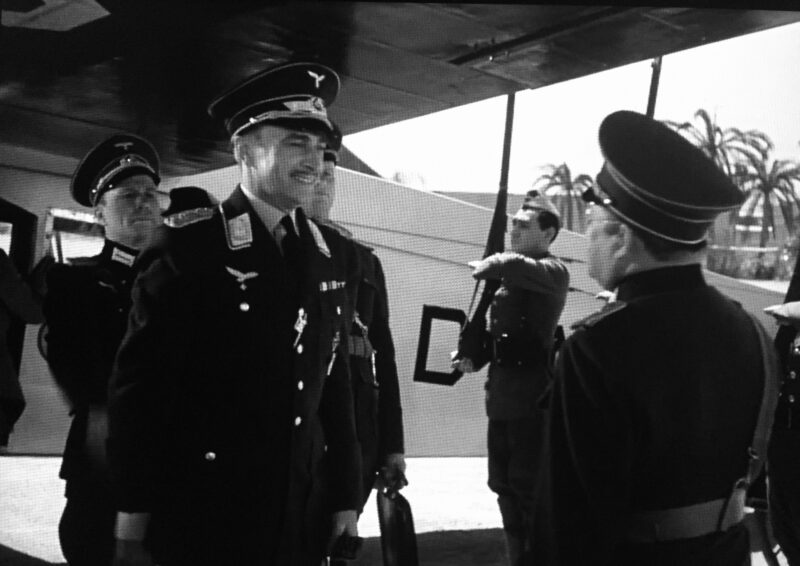
Casablanca was Veidt’s penultimate movie. While playing golf at a Los Angeles country club in 1943, during the height of the war, he collapsed and died of a heart attack. He was only 50.
It’s a pity he didn’t live long enough to see the ignominious defeat of Nazi Germany and the death by suicide of Goebbels.
